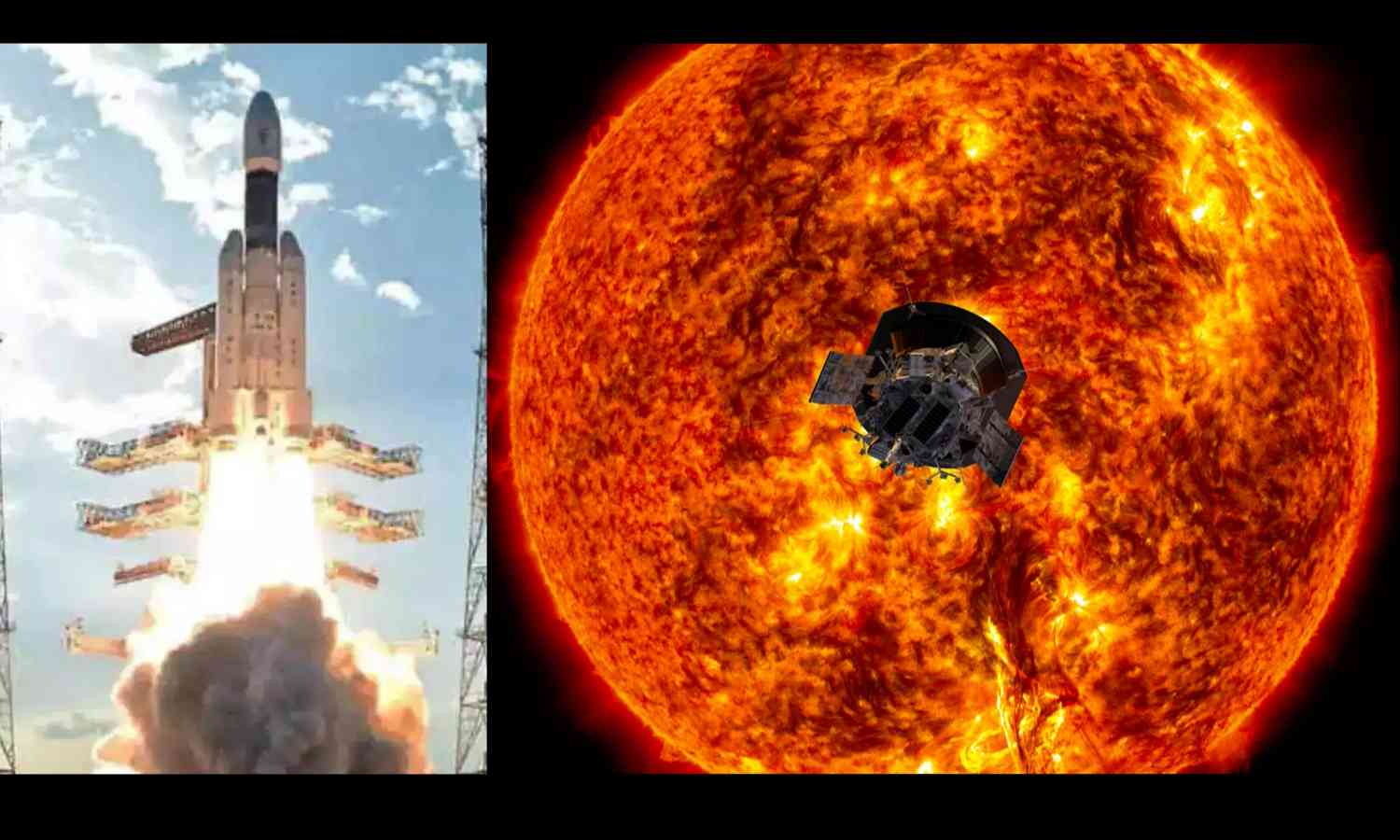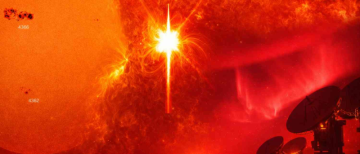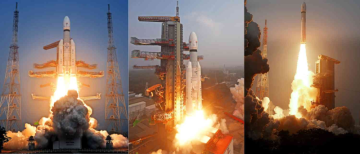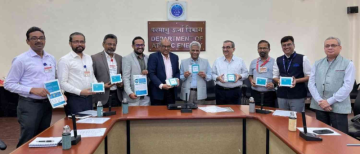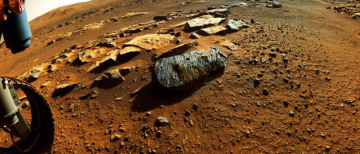India's space agency, the Indian Space Research Organization (ISRO), has made a huge advancement and signaled a turning point in the nation's space endeavors with the successful lunar landing on Wednesday. Officials from ISRO now have renewed motivation as they meticulously get ready for their next challenging mission, one that aims to study the Sun, the blazing center of our solar system.
The Aditya-L1 spacecraft is currently stationed at the Sriharikota rocket port, cautiously undergoing preparations for its upcoming launch. This extraordinary project is India's first space-based solar observatory. ISRO is set to launch the Polar Satellite Launch Vehicle (PSLV) rocket carrying the Aditya-L1, integrated with a coronagraphy satellite. It is expected for this launch to take place in late August or early September.
This unprecedented mission's main goal is to place the Aditya-L1 spacecraft in a halo orbit around the Sun-Earth system's L1, the first Lagrange point. The satellite can track the Sun continuously because of to this unique orbit, free from any interruptions from eclipses or occultations.
The Aditya-L1 satellite, which bears the venerable Sun God's name, represents a significant achievement in India's space exploration endeavors. This spacecraft's upcoming launch on the PSLV rocket marks an important milestone in India's quest for deeper comprehension and exploration of the celestial wonders.
In addition to the next Sun mission, the ISRO has Venus in mind for its upcoming Venus Mission in 2024. For space enthusiasts throughout the world, the specifics of this mission, especially whether it will resemble a "Night Flight to Venus," continue to be a source of interest and speculation. The future of Indian space exploration seems brighter than ever as ISRO continues to push for the stars, the skies, and beyond.
© Copyright 2023. All Rights Reserved Powered by Vygr Media.

